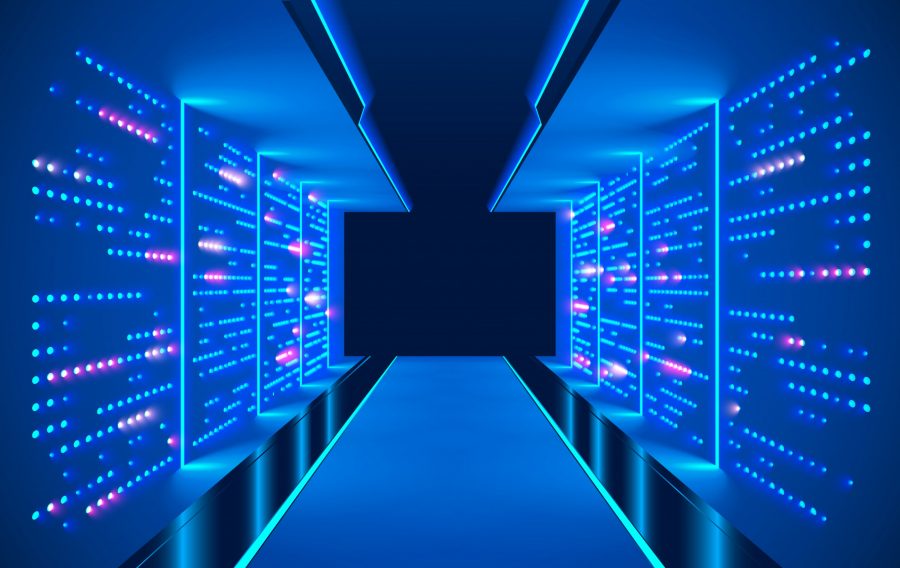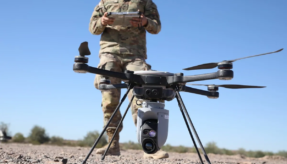
A new report from Radware has revealed a 42% increase in companies reporting cyber attacks by nation-state hackers.
Radware found an increase in companies reporting cyber attacks by nation-state hackers in its 2019 Global Application & Network Security Report as well as many participants expressing concern over IoT and 5G. The report found that more than one in four respondents attribute attacks against their organisation to cyberwarfare or nation-state activity.
That figure increased to 27% in 2019. Companies in North America were more likely to report nation-state attribution, at 36%. Organisations are increasingly turning to microservices, serverless architectures, and a mix of multiple cloud environments.
Chief Marketing Officer at Radware, Anna Convery-Pelletier, said: “Nation-state intrusions are among the most difficult attacks to thwart because the agencies responsible often have significant resources, knowledge of potential zero-day exploits, and the patience to plan and execute operations.”
“These attacks can result in the loss of sensitive trade, technological, or other data, and security teams may be at a distinct disadvantage.”
Two in five managers reported using a hybrid environment that included cloud and on-premises data centers, and two in five said they relied on more than one public cloud environment. However, only 10% of respondents felt that their data was more secure in public cloud environments.
In addition, the report also found that despite the increasing buzz around 5G networks, only 26% of carriers responded that they felt well prepared for 5G deployment, while another 32% stated that they were somewhat prepared. When it comes to IoT connected devices, 44% of respondents said malware propagation was their top concern, while lack of visibility followed at 20% and Denial of Service at 20%.
If you would like to join our community and read more articles like this then please click here.








